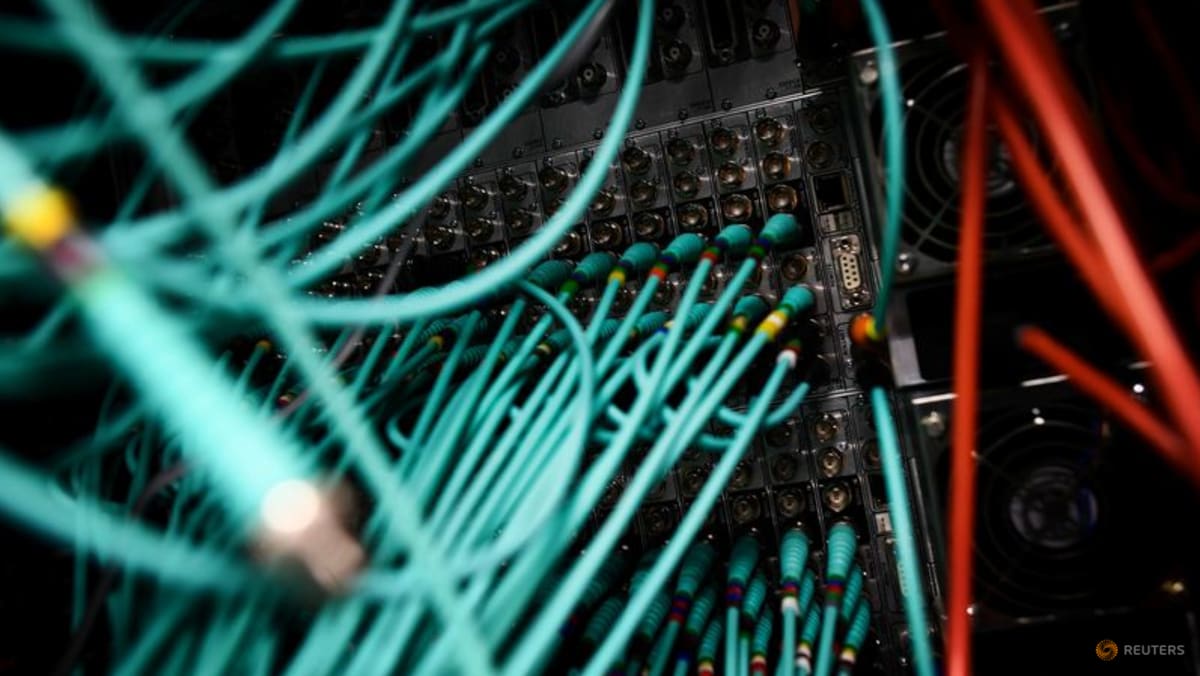ADVERTISE HERE

Photo shows the ‘Puncak Seringgit’ or South Peak of Mount Kinabalu, the natural world’s pride of Sabah. The columnist calls upon Sabahans and Sarawakians to continue the tradition of friendship of their elders.

I WAS in Kota Kinabalu from the 10th till 12th of this month as a member of the Sarawak Initiatives Delegation to a symposium called ‘Malaysia 60 – The Borneo States’.
We agreed to the proposal by the Sabah Action Body Advocating Rights (Sabar) and The Sarawak Initiatives (TSI) to mark the 60th anniversary of the formation of the Federation of Malaysia with a meeting between Sabahans and Sarawakians in order to look at the state of political health of the Federation of Malaysia for the past 60 years and what to do by way of making amends within the next 60 years.
I had the privilege to relate to the assembly my reactions to the proposal to form a new federation consisting of Malaya, Singapore, North Borneo and Sarawak.
In 1962, Lee Kuan Yew and Goh Kheng Swee from Singapore and Sardon Jubir from Malaya had come to Wellington and canvassed for the support of the students from Borneo studying at the Victoria University, Wellington, New Zealand. The visitors were selling the idea of a new federation called Malaysia.
It seemed to be a good move – more developments for the under-developed British colonies in Borneo, better security in a predatory region of the world for an enlarged Federation, they assured us.
We were a bit sceptical about the proposal and asked several questions. Many students opposed the formation of Malaysia. One fear among them was that most of the jobs in North Borneo or Sarawak would go to the Malayans and the Singaporeans instead.
As president of the Borneo Students’ Association I wrote, on behalf of the members, to Tunku Abdul Rahman, expressing our concerns.
I don’t know to this day if the letter had ever reached or was read by the then-Prime Minister of Malaya at all. I never received any reply or acknowledgement to it anyway.
On reflection, I should have written to the Cobbold Commission, which was handling the survey of opinions regarding the ‘Malaysia Project’.
But when Malaysia was finally proclaimed on Sept 16, 1963, we were among the first group to celebrate the occasion.
I don’t know how or where Herman Luping managed to acquire a bottle of whisky as his contribution to the party that was ongoing; Jemuri Serjan, later Sarawak’s Attorney General and Judge, was responsible for the satays and Salleh Sulong sat in a corner, strumming his guitar – a Maori love song ‘Po kare kare ana’.
I related all this at the symposium. A number of the delegates were children or relatives of the alumni of the university or colleges; the ‘old boys’ from North Borneo at the time when their country was in the process of being merged with the Federation of Malaya and Singapore.
Their future was going to be tied to the fate of the new country in terms of employment back home. Their respective roles in the government of the nation were not assured.
It was a time of anxiety and uncertainty for the students hailing from the ‘Land Below the Wind’ and those from the ‘Land of the Hornbills’.
While in Kota Kinabalu for two days, I spoke on the phone to Lim Guan Sing.
Smart guy.
In one of the tests in the English language for students at Victoria, Guan Sing scored the highest mark – I mean for an Asian.
I was unable to get in touch with Simon Sipaun, former State Secretary, this time around. I lost track of Ignatius Vu or Wong Vui Choi… forgot the names of the rest who were at 52 or 44 Hobson St Wellington.
Some old friends are no longer with us. Rest in peace Chong Thain Voon, Minister of Works, and Salleh Sulong, Zul, Herman.
Why do I have to mention all these names? No apologies. Names of persons make history. These Sabahans made the grade upon their return to North Borneo, later named Sabah, now part of Malaysia the formation of which they had initially opposed, but later accepted as a fait accompli when safeguards of state rights and interests were enshrined in the Malaysia Agreement 1963, or in the Federal Constitution.
A fair number of them landed good jobs and played key roles in the administration of Sabah. Several became politicians or successful businessmen and professionals.
My friends Chong and Herman Luping were Minister of Works and State Attorney General, respectively. Don’t forget about another friend, Zulkifli Hamid, Finance Minister; and Simon Sipaun, State Secretary.
They were the leaders of Sabah during the early days of Malaysia. In that connection, their names should be fondly remembered by the younger generation of Sabahans, and indeed by the other Malaysians.
I was talking about these leaders of the early days of Malaysia to remind the young Sabahans participating in the symposium that 60 years ago, far away from home, Sarawakians and North Borneans (who later became Sabahans) were close friends, and their aspirations and visions were similar.
Would their children or children present at the symposium or at home follow the tradition?
I will be back in Kota Kinabalu next week for the wedding of a close relative.
Would be wonderful if I could meet with someone there I know who reads this column – or in Kuching during the next symposium.









 English (US) ·
English (US) ·